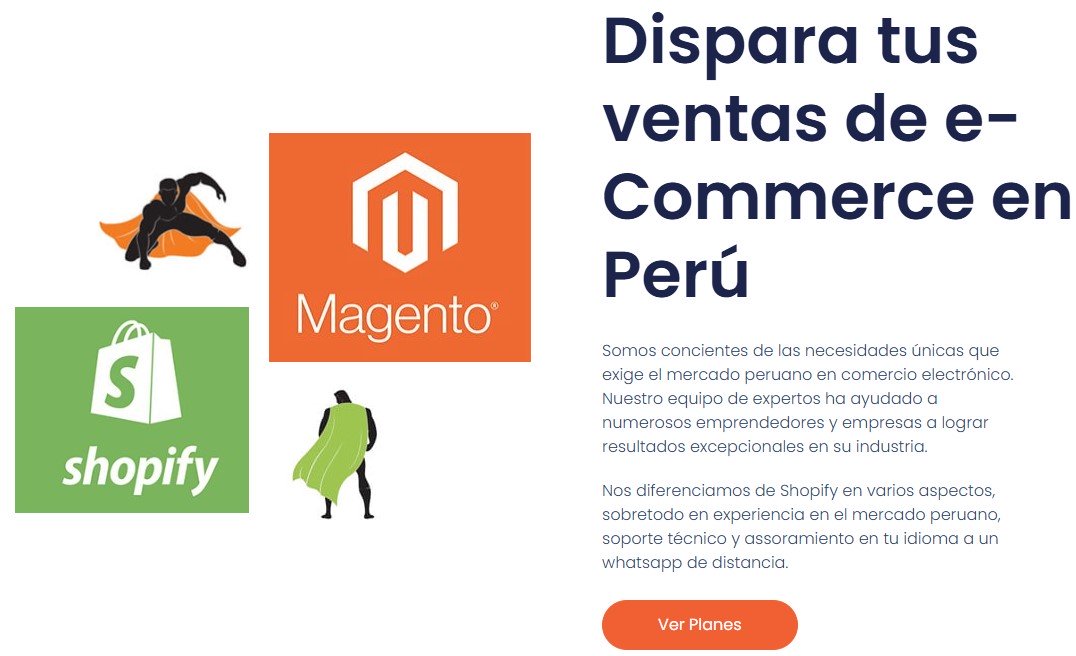
Fintech and Blockchain: A Revolution in the Financial System
Revolution. A word that triggers excitement, curiosity, and perhaps even a hint of fear. It conjures images of dramatic changes, groundbreaking innovations, and disruptions to the status quo. And when it comes to the financial system, such a revolution is now underway, fueled by the emergence of fintech and blockchain technologies. In this article, we will explore how these two forces are revolutionizing the way we conduct financial transactions, manage our money, and interact with financial institutions. From the evolution of banking to the rise of decentralized digital currencies, the impact of fintech and blockchain is reshaping the financial landscape as we know it.
But first, let’s start with a simple question: What is Fintech? Fintech, short for financial technology, refers to the use of technology to improve and automate financial services. It encompasses a wide range of applications, including mobile banking, digital payments, online lending, and investment management. Fintech companies leverage cutting-edge technologies like artificial intelligence, big data, and cloud computing to provide innovative, user-centric financial solutions. These technologies enable faster, more efficient, and cost-effective services, revolutionizing traditional financial processes.
Now, let’s dive deeper into blockchain technology. Blockchain is a decentralized and transparent digital ledger that records transactions across multiple computers or nodes. It serves as the backbone of cryptocurrencies like Bitcoin, but its applications extend beyond digital currencies. Blockchain’s distributed nature ensures transparency and immutability, making it the perfect solution for secure transactions and the verification of digital assets. It eliminates the need for intermediaries, reduces the risk of fraud, and provides a new level of trust in financial transactions.
So, how do fintech and blockchain intersect? Fintech companies are harnessing the power of blockchain to revolutionize various areas of finance. One such area is cross-border payments. Traditional remittance processes are complex, time-consuming, and costly. With blockchain, fintech firms are developing platforms that allow for seamless, peer-to-peer international transfers, eliminating intermediaries and reducing transaction costs. This not only benefits individuals sending money abroad but also opens up new avenues for businesses operating on a global scale.
Another area where fintech and blockchain are making waves is in lending and credit. Traditional lending processes often leave out underserved populations with limited credit history. Fintech companies are leveraging blockchain’s transparency and accessibility to create decentralized lending platforms that connect borrowers directly with lenders. By removing the need for intermediaries, these platforms can offer lower interest rates, faster loan approval, and improved access to credit for those who were previously excluded from the traditional banking system.
The impact of fintech and blockchain is also evident in the world of investment. With the rise of cryptocurrencies and initial coin offerings (ICOs), traditional investment models are being challenged. Fintech firms are developing blockchain-based platforms that allow individuals to invest in digital assets, like cryptocurrencies or tokenized securities, without going through traditional investment channels. These platforms provide access to new investment opportunities, increase liquidity, and democratize the investment landscape.
Now, let’s address some frequently asked questions about fintech and blockchain:
1. Is blockchain technology secure?
Yes, blockchain technology offers a high level of security. Its decentralized and transparent nature makes it difficult for hackers to tamper with or manipulate the data stored on the blockchain. Additionally, transactions on the blockchain are cryptographically secure, further protecting users’ sensitive information.
2. Are cryptocurrencies like Bitcoin a safe investment?
As with any investment, cryptocurrencies come with risks. The volatile nature of the cryptocurrency market can result in significant price fluctuations. It’s important to do thorough research, understand the technology behind the cryptocurrency, and diversify your investment portfolio to mitigate risks.
3. Will fintech and blockchain replace traditional banks?
While fintech and blockchain technologies are disrupting the financial industry, it’s unlikely that they will completely replace traditional banks. However, they are forcing traditional financial institutions to adapt and innovate to meet the changing demands of customers.
4. How can individuals benefit from fintech and blockchain?
Fintech and blockchain offer individuals numerous benefits, including faster and more convenient financial services, lower transaction costs, increased access to credit and investment opportunities, and enhanced security and transparency in financial transactions.
In conclusion, fintech and blockchain are undoubtedly revolutionizing the financial system. From streamlining cross-border payments to democratizing investment opportunities, the impact of these technologies is far-reaching and transformative. As they continue to evolve, fintech and blockchain will shape a financial landscape that is faster, more accessible, and more efficient. Embracing this revolution will empower individuals and businesses alike to thrive in the digital economy of the future.

















